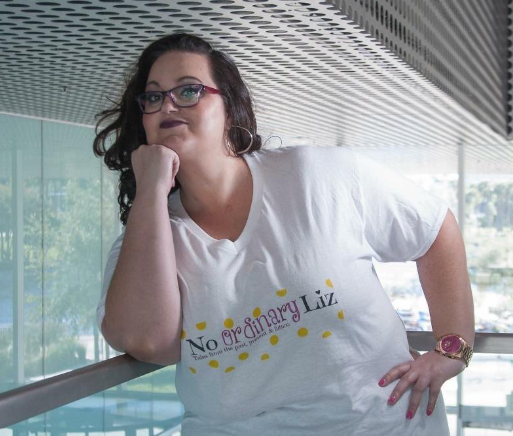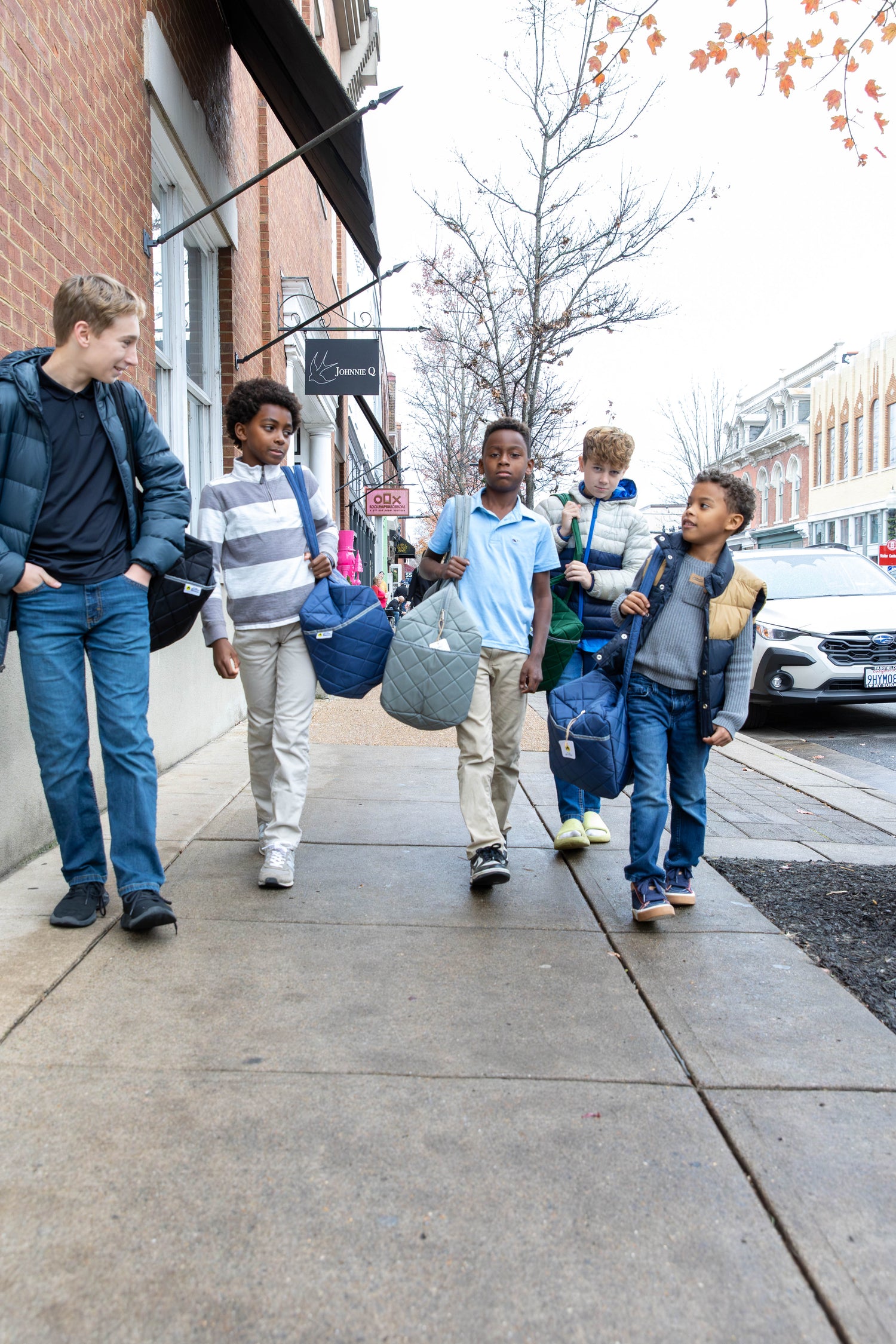
Elizabeth’s Personal System and Guide for Aging Out Youth
I am No Ordinary Liz. That’s how I introduce myself, because my story is one that is almost too extraordinary to believe. But the lessons I learned along the way, the tools I used to help me survive, are ones that can help people understand the critical point we are at right now with the children who are in the system. I survived and thrived, even when all the odds were stacked against me.





When I was five years old, my brother, sister and I were transported to an elderly
woman’s house who called herself our grandmother, but severely mistreated us. Even now, as an adult, I have very little information about how I ended up in that evil existence.
Here’s what I do know: I was born in Spain but didn’t know my mother or father. My name is Elizabeth Sutherland. I have no middle name. All I have to identify my origin is a 3” X 5” piece of paper called a “Certificate of Birth Abroad.” It states my birthday is June 9th.
A man named John, who called himself our father, transported my siblings and I from Spain to America. He brought us to “Margaret’s” house in Waynesville, North Carolina, dropped us off on her doorstep, saying only that she was our grandmother, and then he disappeared into thin air.

For eight years we lived in a rusty single wide trailer. We were never once hugged, nor did we know the word love. Margaret neglected us and emotionally and physically abused us from day one. She resented us being there and made us children reimburse her for the price she paid with our flesh, blood, and tears.
She isolated us from people...from other children...even from television. I know that sounds crazy, but I never got to truly enjoy what it was like being a young child who got to watch the Disney Channel or cartoons. It wasn’t until I was in my teens that I even knew what a cartoon was. Margret also denied us access to food, and even went so far as to padlock the refrigerator.
To escape the wanders of back home, we spent many weekends picking blackberries from the shrubs along the side of the road. I remember we’d wander down the two-lane curvy mountain road with our empty milk jugs in hand. We tried to pick as many gallons of blackberries as we could so we could sell them to buy school supplies. I honestly didn’t want much—some pencils, a backpack, and a notebook to call my own so I wouldn’t have to keep asking if I could borrow a piece of paper. I remember how these tiny things gave me a sense of normalcy when I would open my locker. They made me feel like I fit in with the other students.
Then one day when I was thirteen, and I remember standing at the sink, washing dishes with the few drops of dishwashing liquid she allowed us to use, and I had had enough. Enough beatings. Enough starving. Enough fear. I ran out of the house, and into a neighbors’ and made that fateful call to social services. That next day, while we were picking blackberries, a woman from child welfare services arrived and took the three of us into foster care. I didn’t know what foster care was, but I knew it had to be a better environment than the one I was currently living in. So here I went with what little belongings I had in my bright orange trash bag. Here, I thought I was being saved..

But instead, the only family I knew was torn apart. My brother was taken in one
direction while my sister and I went in another. I didn’t even get to hug him goodbye. I just looked back and watched the car drive him away...and out of my life for many, many years. Initially, my sister and I ended up at a group home where we shared a bedroom. We cleaved to one another and were so thankful to at least have each other’s company amongst strangers. But, after a week, child welfare services moved us to different foster families, and then moved us again, and again.
Another long-term goal is to meet my parents. I want them to see the person I have become, as well as understand the why behind their decisions. The choices I make today, and tomorrow are all part of these long-range goals.
My biggest long-term goal, however, is to affect change in the foster care system.
I want an incredible system to be put in place that provides a better outcome for our aged out foster youth and I am doing what I can to spread the word—but one voice is not as loud as many voices, so I encourage all of you to do the same.
Be A Leader:
From a very young age, I had to become a leader for my siblings. I can’t
remember a day when I wasn’t responsible and aware of what I had to do and how I had to behave, and what expectations rested on my shoulders. But that’s okay learning to be responsible prepared me for the journey ahead.
Many of us are afraid to speak out against injustices or to stand up for others. Don’t let fear keep you from making a difference. Be the leader who speaks up first—you will undoubtedly find others to join you.
Have A Belief System:
We all see the world through our own individual lenses. Whether your belief system is built on God or not is up to you but having some structure for what is right and wrong will serve you well when you need to make tough decisions. With faith and love in your back pocket, you can accomplish anything. I truly
believe that I wouldn’t have made it all those years alone without having faith as my co-pilot and hope as my driver.
Be Strong and Resilient (Even When You Don’t Think You Can):
You never know how strong you are until being strong is the only choice. I read that somewhere, and it’s so true. If you had told me when I was five what I would endure until I became an adult, I would have told you I couldn’t survive any of it. But I did, and every experience I have gone through has taught me something new about myself and I’m growing more and more each day.
I went from foster home to foster home, with all my belongings in a garbage bag. Icould have given up and dropped out of school and ended up on the streets. But instead, I bounced back, and kept moving forward. Trust me when I say this. You will face setbacks. You will face discouragements. You may end up on the street with everything you own in a garbage bag. But know that you have the capability, already deep inside you, to be strong and resilient, and survive anything that comes your way.
Teach the children around you that lesson and keep on teaching it to them when things get tough.
This is by far my favorite.
Know Your Value:
If there is one thing I want to communicate to every single child in the system, it’s this:
You are a valuable person.
You are not a throwaway or a case file or just another number. There is value in the gifts you bring to the world, gifts you were given for a reason. Don’t let other people put you down or convince you that you don’t have value. You do, and you have since your very first breath.
These children often feel forgotten or unwanted. They feel abandoned, and when the system kicks them onto the street the day, they turn eighteen, they are left to find their own way in a world they can barely navigate. A world that is scary and huge. Can you imagine the difference we could make in their lives, in our lives, if every single child knew their value?
The I CAN Program will be doing just that. This unbelievable program will offer an extraordinary support system that will accelerate the next steps in a young adult’s journey
And finally, HOPE.
Life is nothing without hope. I lost everything that mattered to me when I was thirteen—my brother and my sister. But I never gave up hope that I would
see them again. I have lived my life with a sense of hope, no matter how dark it got.
The sun rises every morning, and every morning is another opportunity to create the life you want. I am No Ordinary Liz because the unfortunate things that COULD have defined me are actually the extraordinary things that helped MOLD me.
And one more thing—don’t look at my story with pity. Look at it as an inspiration to take you through the inevitable dark days, because if there is one thing, I have learned in the years I was bouncing from house to house, it’s that starting every day with a smile and a belief that things can and will be better is the best way to live a life that is so much more than ordinary.
If you can only give one thing to a young aged out foster youth in need, a child in the system, a child who is scared, give them this: Hope. I held onto my hope in the darkest of days, and it guided me toward the light like a balloon on a string.
Give children hope—and they will change the world.


